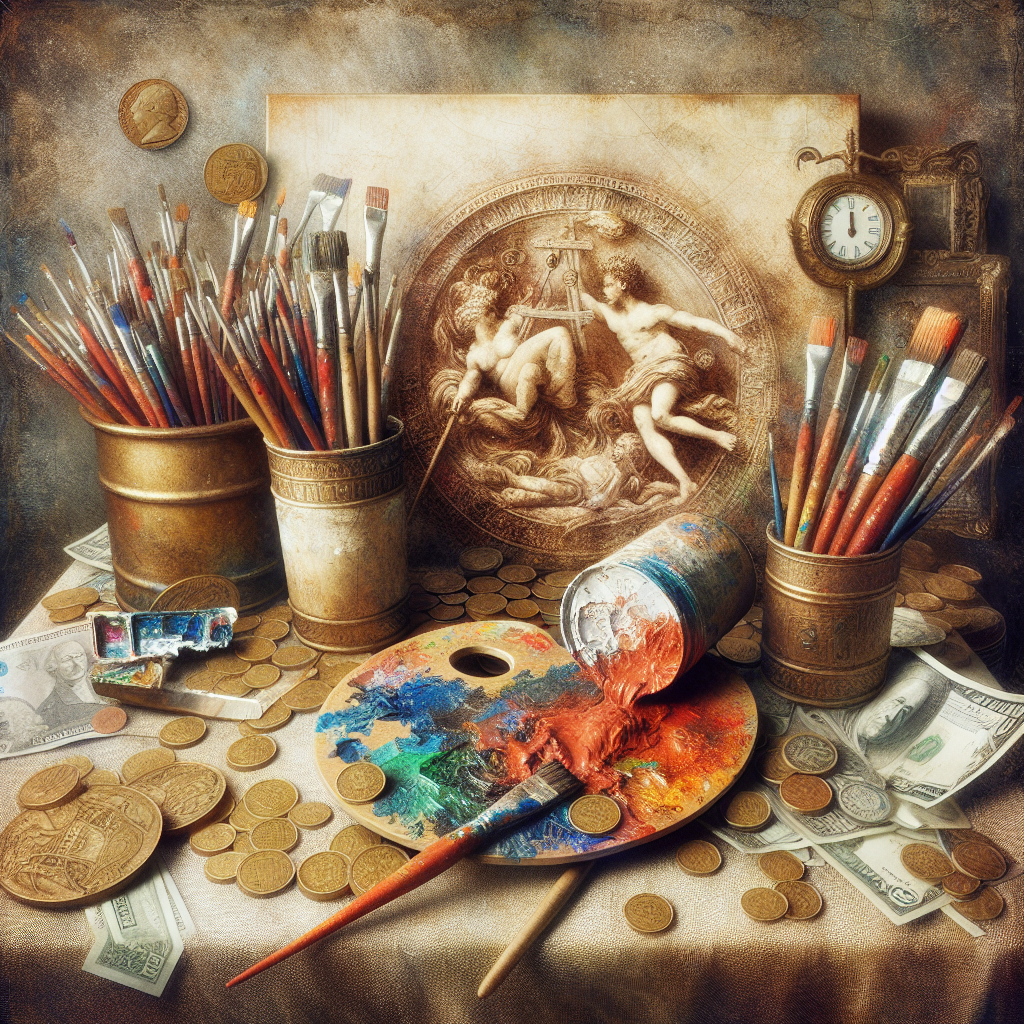.
Art critic and publisher Isabelle Graw delves into the complex relationship between art and commerce in her essay “The Love of Painting.” Drawing on the writings of Francis Ponge, she argues that artists, and particularly painters, are inextricably linked to the art market and its pursuit of profit.
Graw begins by referencing Ponge’s observation that painters and their dealers share a common desire for their works to be written about. This, she suggests, is not simply a desire for critical acclaim, but also a strategic move to increase the market value of their art. Ponge himself was a beneficiary of this system, receiving both a fee and paintings as compensation for his essay on Jean Fautrier’s “Hostages” series.
The practice of payment in kind, where artists compensate writers with their own works, is still prevalent in the art world today. Graw argues that this is a tacit acknowledgement of the role that writers play in increasing the market value of art. By writing about a particular artist or work, they contribute to its cultural significance and, in turn, its monetary value.
Graw also highlights the often unspoken relationship between writers and the art market. By accepting payment in the form of artworks, writers become direct participants in the speculation on their rising market value. This raises questions about the objectivity and integrity of their writing, as their words can directly impact the financial success of the artists they write about.
In conclusion, Graw’s essay sheds light on the complex and intertwined relationship between art and commerce. She argues that artists and writers are both active players in a capitalist system that prioritizes profit above all else. By acknowledging this reality, we can better understand the motivations and implications behind the production and consumption of art.

